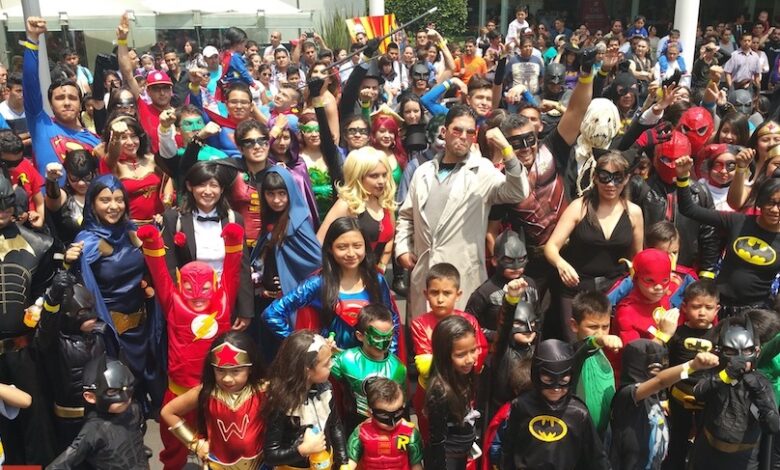The Impact of fan culture on the entertainment industry

Fan culture, also known as fandom, has a significant impact on the entertainment industry. Fans are passionate about their favorite movies, TV shows, music, and celebrities, and their engagement can make or break the success of a project or an artist.
One of the most significant ways in which fan culture impacts the entertainment industry is through social media. Fans use platforms like Twitter, Instagram, and TikTok to share their thoughts, opinions, and reactions to their favorite content. This creates a buzz around the project, which can help to generate more interest and attract new fans.
Fans also play a crucial role in promoting and marketing entertainment content. They create fan art, write fan fiction, make memes, and share their favorite clips and trailers. This creates a massive amount of user-generated content, which can help to promote a project and reach a wider audience.
Fan culture can also influence the creative decisions made by producers and creators. When fans express their opinions about what they want to see, it can shape the direction of a project. For example, if a popular TV show has a particular storyline or character that fans are passionate about, the creators may choose to give that storyline or character more focus in future episodes.
Furthermore, fan culture can also impact the financial success of entertainment projects. Fans are often willing to spend money on merchandise, concert tickets, and other related products. This creates a lucrative market for the entertainment industry and can lead to the creation of spin-off projects, merchandise lines, and other revenue streams.
In summary, fan culture has a significant impact on the entertainment industry. From social media engagement to creative decisions and financial success, fans play a vital role in shaping and promoting entertainment content.
Moreover, fan culture has also led to the emergence of various fan communities that provide a sense of belonging and identity to its members. Fans connect with each other over shared interests, participate in online discussions, and attend events and conventions. This sense of community can strengthen the relationship between fans and the content they love, which, in turn, can drive their continued engagement and support.
However, fan culture can also have negative impacts on the entertainment industry. In some cases, fans can become overly obsessed with their favorite content, leading to toxic behavior, such as online harassment and bullying. Additionally, some fans may demand creative control over a project, which can lead to clashes between the creators and producers.
Overall, while fan culture can have both positive and negative impacts on the entertainment industry, it is clear that fans play a critical role in shaping and promoting entertainment content. As the entertainment industry continues to evolve and adapt to changing consumer trends and preferences, it is likely that fan culture will remain a powerful force in shaping the future of entertainment.


